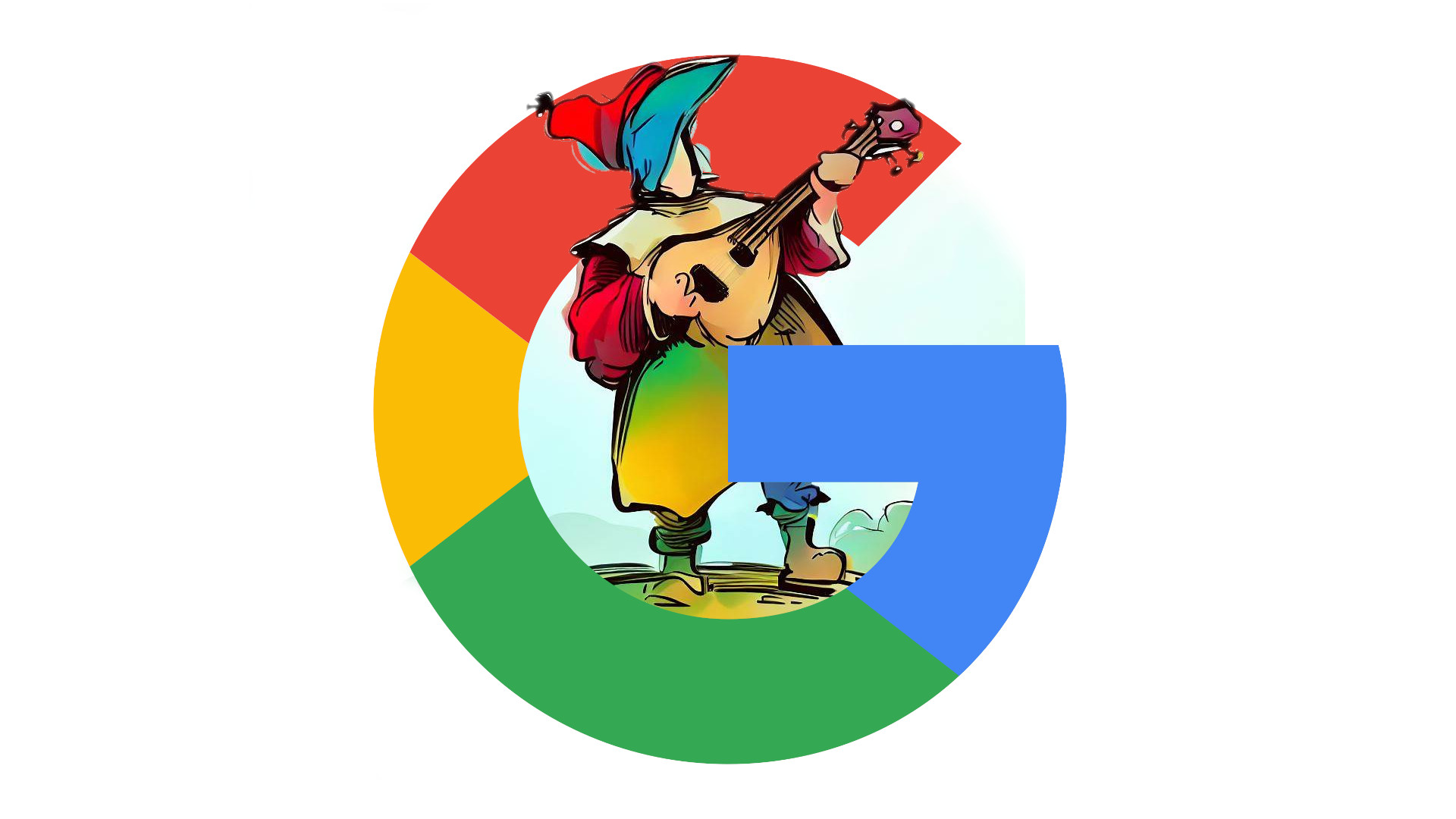Google Bard gets a brainy boost — will it be able to outsmart ChatGPT?
A little bit of Summer schooling goes a long way

Sign up to receive The Snapshot, a free special dispatch from Laptop Mag, in your inbox.
You are now subscribed
Your newsletter sign-up was successful
Google’s little AI-powered chatbot that could, Google Bard, has been hard at work, hitting the books in an effort to improve its overall know-how of logic and reasoning. According to a recent Google Blog post, some new Bard improvements have been rolled out that will give the chatbot a much-welcomed boost in brainpower when it comes to mathematical tasks, coding questions, and string manipulation.
I’m assuming the latter is how it deciphers text and not that it’ll suddenly be incredible at playing Cat’s Cradle.
Bard is bumping up the grades
Thanks to a new, rather nefariously named, technique referred to as “implicit code execution,” Bard can now detect computational prompts more accurately. This allows the chatbot to better understand and carry out mathematical tasks as well as answer specific coding questions. Bard will also now have a better grasp of the messages you send, with a better understanding of syntax and key elements.
AI chatbots like ChatGPT, Bing, and Bard are large language models (LLMs) that effectively work like prediction engines, using vast swaths of harvested text samples to better predict which word follows the last. This is great when it comes to conversation or replying to creative prompts, however, it’s not so great when it comes to solving complex mathematical problems or providing suitable answers to prompts requiring advanced reasoning and logic.
As such, Google has decided not to solely rely on Bard’s ability as an LLM, instead including a new method of generating responses that takes inspiration from Princeton Psychology Scholar Daniel Kahneman and his book “Thinking, Fast and Slow.”
In an example posted to the blog, upon being asked to “Reverse the word ‘lollipop’ for me,” Bard not only did as it was asked but also provided the Python script it used to find the solution. Impressive stuff, I think you get extra marks for showing your working out.

Now, when Bard is assigned a complex prompt, it will perform all of the actions of a traditional LLM, however, it will then fall back on a secondary system based on traditional coding. This second system will allow Bard to generate code to help it understand the questions better, execute it, and then use the results to provide more accurate information.
Sign up to receive The Snapshot, a free special dispatch from Laptop Mag, in your inbox.
Outlook
Bard hasn’t had quite the impact the same impact its AI-brethren ChatGPT and Bing have had on mainstream users, but with Google’s backing, this little chatbot is growing stronger by the day. Its new “thinking” method is a great step forward and has apparently improved Bard’s accuracy when responding to computation-based prompts by a staggering 30%.
It’s the difference between simply throwing out the first answer that comes to mind, and having a good old think about what you’re about to say before opening your mouth. Bard’s new ability to decide which system suits the situation best should hopefully result in the chatbot becoming more capable, and overall more helpful, across a wider array of categories.

Rael Hornby, potentially influenced by far too many LucasArts titles at an early age, once thought he’d grow up to be a mighty pirate. However, after several interventions with close friends and family members, you’re now much more likely to see his name attached to the bylines of tech articles. While not maintaining a double life as an aspiring writer by day and indie game dev by night, you’ll find him sat in a corner somewhere muttering to himself about microtransactions or hunting down promising indie games on Twitter.










